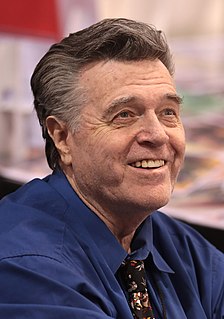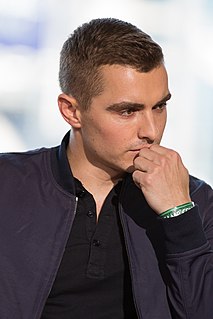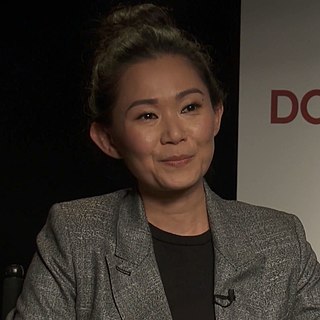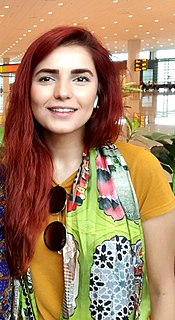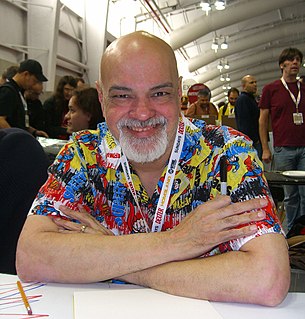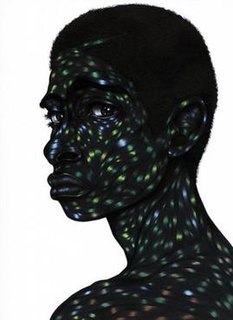A Quote by Jim Lee
I try to do a lot of asymmetrical, triangular compositions - I find those work really well for comic book covers in that portrait mode, and I don't always see that in other artists.
Related Quotes
I'm always trying to find that role that will allow me to stretch and play a lot of different sides, but it's hard. To be frank, as an actor, I read maybe a hundred scripts a year and I really strongly respond to probably two, but every other actor in town responds to those two scripts, as well. It's hard to land those roles that are really good because they're coveted. That's why I try to create for myself, and that's why I've been doing things outside of acting, like writing and producing. I try to not have to depend on other people so much.
As I see it, all of them - Tachists, Action Painters, Informel artists, and the rest - are only part of an Informel movement that covers a lot of other things as well. I think there's an Informel element in Beuys, as well; but it all began with Duchamp and chance, or with Mondrian, or with the Impressionists. The Informel is the opposite of the constructional quality of classicism - the age of kings, or clearly formed hierarchies.
I think my printing to this day looks like the printing right out of a comic book. Actually, I always wanted to be in a comic book. I watched cartoons when I was a kid, too, and both comics and cartoons lit fire in my imagination. This realm holds a lot of interest for me, a lot of passion for me. So to be comic-ized, yeah, that's cool.
To me, my favorite comic book movies were the ones that were never based on comic books, like Unforgiven. That's more the kind of thing that get us inspired. Usually when you say something's a comic book movie, it means you turn on the purple and green lights. Suddenly that means it's more like a comic book, and It's not really like that.
Well, we think that time "passes," flows past us, but what if it is we who move forward, from past to future, always discovering the new? It would be a little like reading a book, you see. The book is all there, all at once, between its covers. But if you want to read the story and understand it, you must begin with the first page, and go forward, always in order. So the universe would be a very great book, and we would be very small readers.


